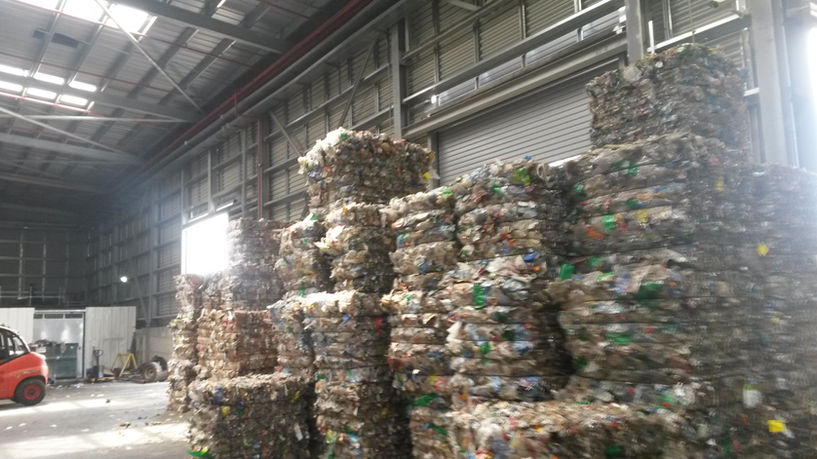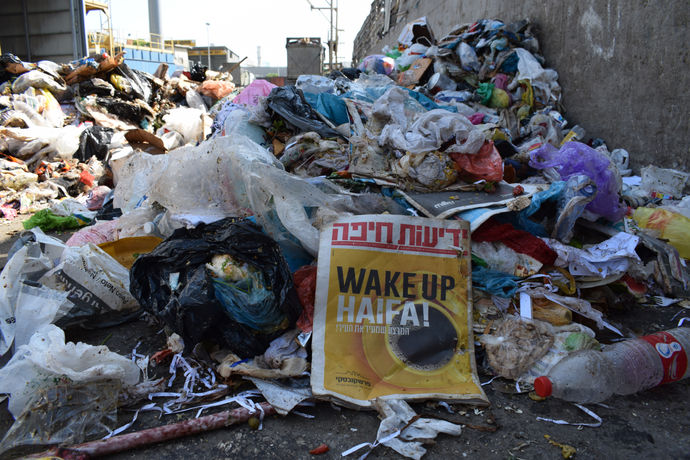
Total Waste Management
The Sutok Company specializes in finding solutions for a vast range of wastes, with expertise in the field of hazardous wastes such as pharmaceuticals, oils, emulsions, acids, bases, organic substances with salt concentrations, solvents, etc. This way the client saves tens to hundreds of thousands of shekel per year
Mapping of flows and pollutants, while conducting an overall wastewater survey
Sampling and analysis of all parameters required by the Israel Ministry of Environmental Protection.
Data analysis for the customer, cataloging according to the Basel Convention and EWC.
Customer guidance with authorities, issuing of all needed permits for waste transportation to a treatment site in Israel or overseas.
The Sutok Company works in full collaboration with a large number of treatment sites in Israel and overseas.
Waste transport by an authorized hazardous materials transporter.
Issuing of the needed permits following the waste treatment process.
Guidance and establishment of waste treatment programs at the customer’s site.
Waste management is a broad field that is made up of two main factors. The first is designating the waste for optimal treatment, and the second is logistics. Both factors are connected to and determined by the extensive amount of regulation in the field.
A few steps are required before the waste is designated for appropriate treatment:
01
Separation at the source
Separation at the source is the first step of the procedure. It is composed of a number of sub-steps that include assessing the existing condition, mapping of components and flows, and finding the most relevant solutions for the customer. In certain cases, the solution may be an external recycling or disposal site, while in other cases the best solution may be to establish a treatment device at the customer’s site.
The Sutok Company has extensive experience with finding the optimal treatment for each waste type, at the minimal cost. In many cases we have met with customers that were paying exaggerated prices that could be decreased by hundreds of percentages!


02
Analysis and sampling
The analysis stage is essential because the data analysis is based on it. It is crucial that the sample taken will be a representative one. The sampling will be done by a certified surveyor and according to a sampling program approved by the Israel Ministry of Environmental Protection.
Sampling guidelines can be taken from LAGA PN 98.
03
Defining the Waste
After the sampling stage, data analysis is performed in order to catalogue the waste, and later find the best fitting treatment for it. Parameter analysis is done according to each parameter’s risk factors in the analysis, from pH to heavy metals. Other factors must also be taken into account, such as the process, the source of the waste, and the type of industry. The final cataloguing is done according to the Basel Convention and the European Waste Catalogue (EC/532/2000).


04
Finding the Proper Treatment and Technology
Finding the best fitting treatment depends on the definition of the waste, and on the regulations that apply to it. There are various different treatments for wastes, such as biological treatment, physicochemical treatment, evaporation, thermal treatment or AOP. In some cases the Sutok Company assists the customer in exporting certain types of waste because treating them in Israel isn’t available at a reasonable price, or due to lack of treatment sites.
05
Prevention and Reduction
Most companies in Israel will give an answer as to what to do with the waste, but one of the leading principles for proper waste management that the Sutok Company stands by is preventing and reducing waste in a number of different ways.
Our company would be happy to advise, guide you and share our experience in this matter.
It is important to understand that environmental regulation has greatly changed in the past few years, and while it may be hard to keep track of the large number of changes being made, the environmental responsibility remains in the waste producer’s hands.
This means that the waste producer must always be aware of where the waste is going, and make sure that it has reached its final destination.










